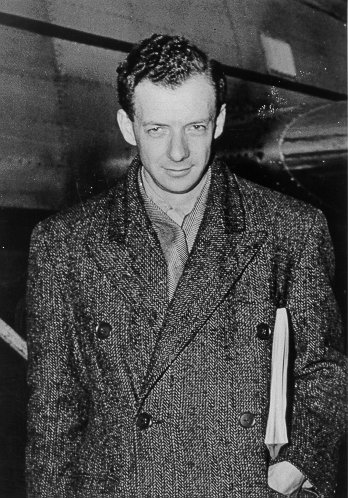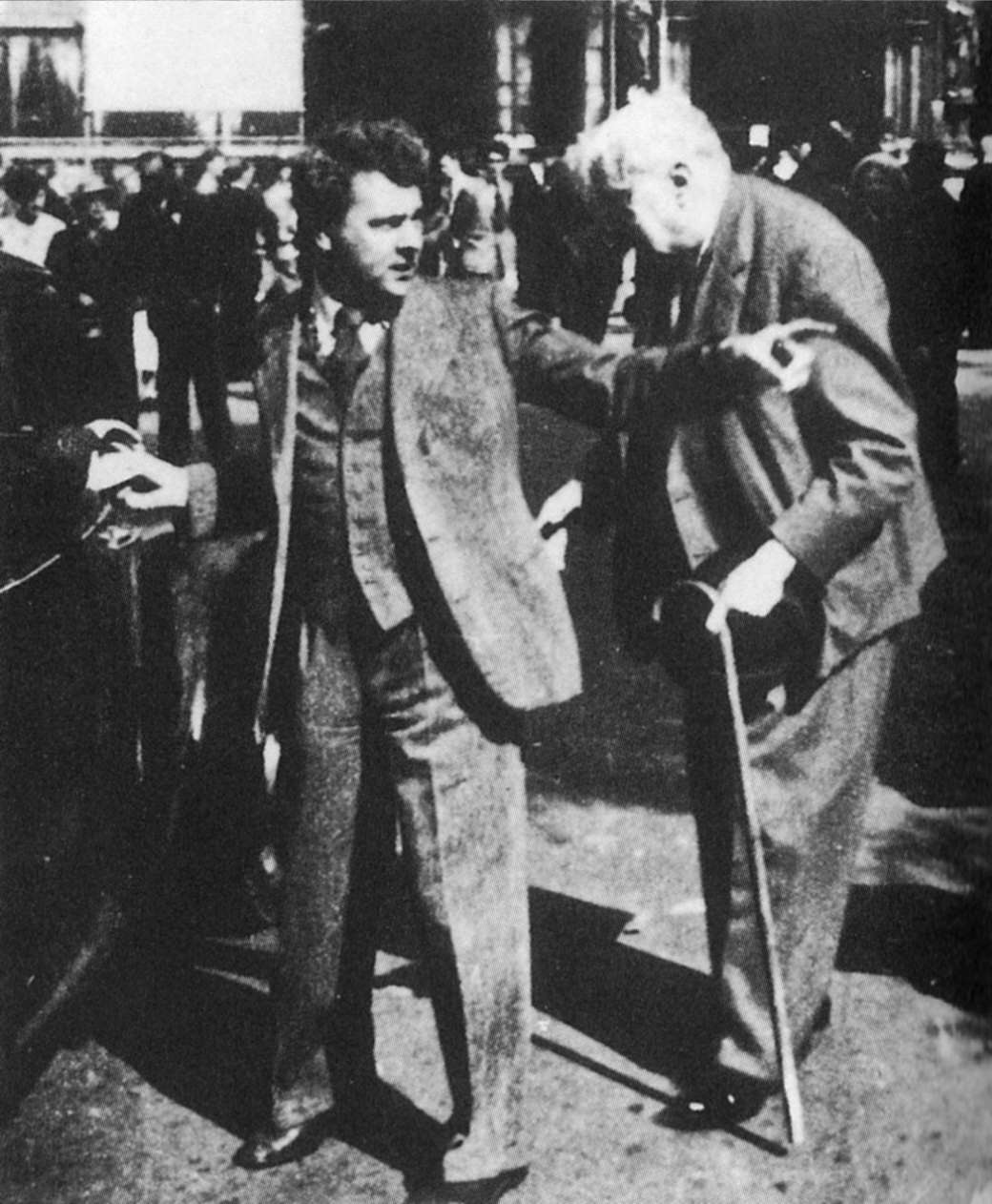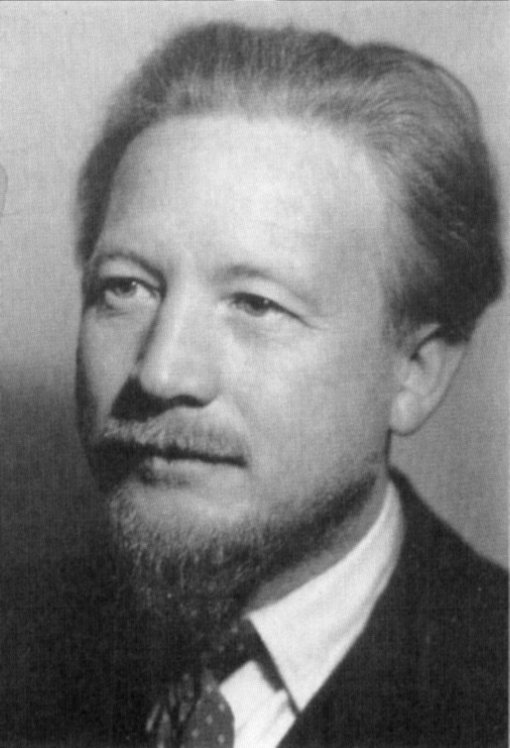SUNDAY, DECEMBER 22, 1946
Mr. Herrmann, conductor of the Columbia Broadcasting Symphony, has just returned from a five-week visit to England, where he conducted the British Broadcasting Company and Halle Orchestras.
AFTER a brief but intensive visit through England, it is a pleasure to note that the British musical renaissance, first manifested during the war years, still flourishes. The public’s almost feverish interest in concerts has survived the blitz and seems destined to outlast the post-war austerities. Music-making continues unabated, before vast new audiences who have an insatiable appetite and a wide range of tastes.
In conducting the Halle Orchestra of Manchester it was my privilege to encounter one aspect of this phenomenon. This orchestra, founded nearly a hundred years ago, was once supreme in England and today, under the dynamic leadership of John Barbirolli, has once again regained its former pre-eminence. Last year, after a reason of fifty weeks, the orchestra showed a profit, not a deficit. This season’s subscriptions were sold out in one day. The queue at the box office formed at 5 o’clock in the morning.
The Halle used to have a carriage trade exclusively. Today its audiences come by bus or trolley, often on foot. On a Sunday afternoon in Manchester we played a concert three miles from the center of town, during a bus strike that tied up the entire transportation system. The rain was coming down in torrents, yet an audience of more than five thousand people filled the hall.
This audience is intense, it is fresh. It is a young audience mostly. Steelworkers, cotton-spinners, clerks, shopkeepers and students form its bulk. And what is more exciting, it is open minded. It wants to hear new, contemporary music, not only of England but of Europe, and it has an enormous curiosity about American music. Unfortunately this interest is not often satisfied. American works are seldom heard in England, largely because the bulk of American symphonic compositions exist only in manuscript, and manuscripts do not get around as printed music can. Of our American composers, Barber, Copland and Harris are most performed.
A good proportion of these audiences, particularly in northern England, also participate in the performance of music by their membership in the choral societies. Every sizable town has a working chorus, and these choirs are often of such virtuosity that this season the Hale Orchestra was able to perform a work of the magnitude of Berlioz’s “Damnation of Faust” in the cities of Manchester and Sheffield, with the individual choirs of each city singing the choral part on its home ground—and these cities only thirty miles apart.
The revivification of the English audience has stimulated all branches of musical activity. Publishing is flourishing, and it is a pleasure, very enviable to an American composer, to walk along and see the new British scores lined up in the book and record shops. What is more, these scores are sold out soon after publication, and the publishers only complain that there is not enough paper to keep up with the demand. The composers themselves are immensely cheered and encouraged by this keen interest, and although only a few of them can make a real living out of pure composition, they are buoyed up by the knowledge that their musical product is needed and appreciated, and that their works are usually performed soon after the ink has dried on the paper.
It was stimulating, for example, to attend a mammoth concert in honor of St. Cecilia, given at the Albert Hall, at which two symphony orchestras and an immense choir performed a two-and-a-half- hour concert devoted entirely to music by British composers, most of them contemporary.
The great talent and success of Benjamin Britten is, of course, much discussed in England, Indeed, musical England seems to have fallen into pro and con Britten camps. However, most British composers seem to feel that though his genius is a little over publicized at the moment it is not too bad a thing for English music as a whole. The international entree has been made and others can follow. Britten’s success as an opera composer has encouraged others along this path. Arthur Bliss is in the midst of an opera. Cecil Gray, the eminent critic, has finished two. Walton has been making studies to begin one. And the young newcomer, Inglis Gundry, has done one, entitled “The Partisans,” based on a historical text about the resistance of the Yugoslavs.
If Benjamin Britten is the present white-haired boy of English music, Vaughan Williams is still its saint. I had a twilight visit with him at his home in Surrey, and found him at seventy-four intensely interested in contemporary music. He was full of praise for the music of Samuel Barber. He is now completing his sixth symphony. When he told me that he was having some difficulty in obtaining music paper, I suggested that I might send him some from America. “That would be fine,” he said, “but do not send me too much of it. There must be enough left for the other composers—the young ones. They need it more, and have their work to do.” For such fellow feeling he is much beloved by all British musicians.
Of the younger composers, Edmund Rubbra struck me as one of the most promising. His music goes back to the Tudor motet writers for its strong and somber contrapuntal texture. In my opinion, his Third Symphony is one of the most eloquent compositions to have been written during the war.
Gerald Finzi is another younger man who also draws inspiration from the past. His, talent, based on Elizabethan sources, has perhaps reached its finest flowering to date in his beautiful setting of “Dies Natalis” to words by Thomas Traherne
Another promising newcomer is Alan Rawsthorne whose compositions are being widely played, especially the Symphonic Studies. His music is characterized by a brilliance and verve and a dynamic contrapuntal texture.
Neither Rawsthorne, Rubbra or Finzi has ever been performed in concert in America. However, the British Council, a government organization whose function it is to propagandize English music, has recorded their works, and these will shortly be released through the regular commercial companies.
At the present time in England there is a constant writing of music for the Anglican Church. Nearly all the prominent composers have accepted commissions to write anthems, Te Deums and Vesper services. These compositions are commissioned by the great cathedrals and performed there at festivals and during the daily service. This form of musical endeavor, almost unknown in this country, serves to keep religious music in step with contemporary musical thought, and at the same time it is also most rewarding to the composer, for it demands of him his finest technical skill and calls upon his deepest spiritual resources.
In general I would say that the younger generation of English composers falls into two categories. Britten, Walton, Rawsthorne and Lambert are writing in a more universal modernism. Their music is eclectic, and brilliant, and stands exporting well. Rubbra, Finzi, Tippett and Moeran continue the tradition of Vaughan Williams and Elgar. They prefer to find in the English musical past the roots of their texture and their message. English music therefore stands at a most interesting crossroads. Never before has it had so much variety. Never before has it grown in an atmosphere so conducive to it, It will be interesting to see what comes out of this exciting musical environment of the ‘40s, Will music In England grow more personally English, more insular as time goes on? Or will this new musical virility flower into creations that will have the universality of the greatest English literature?
Also see Herrmann in Britain
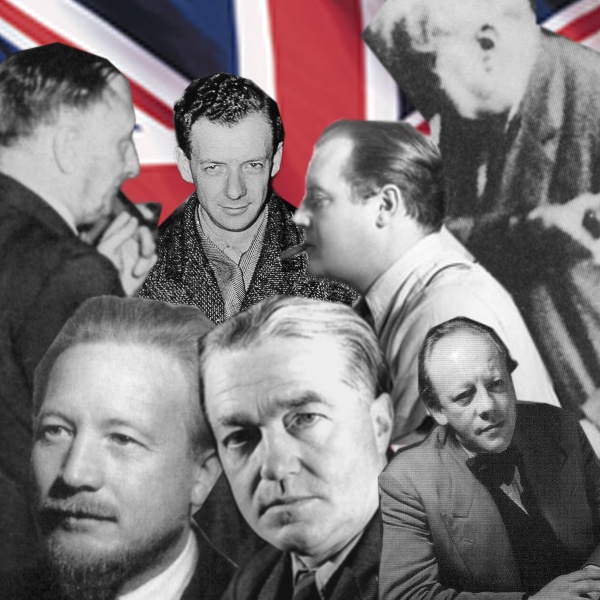

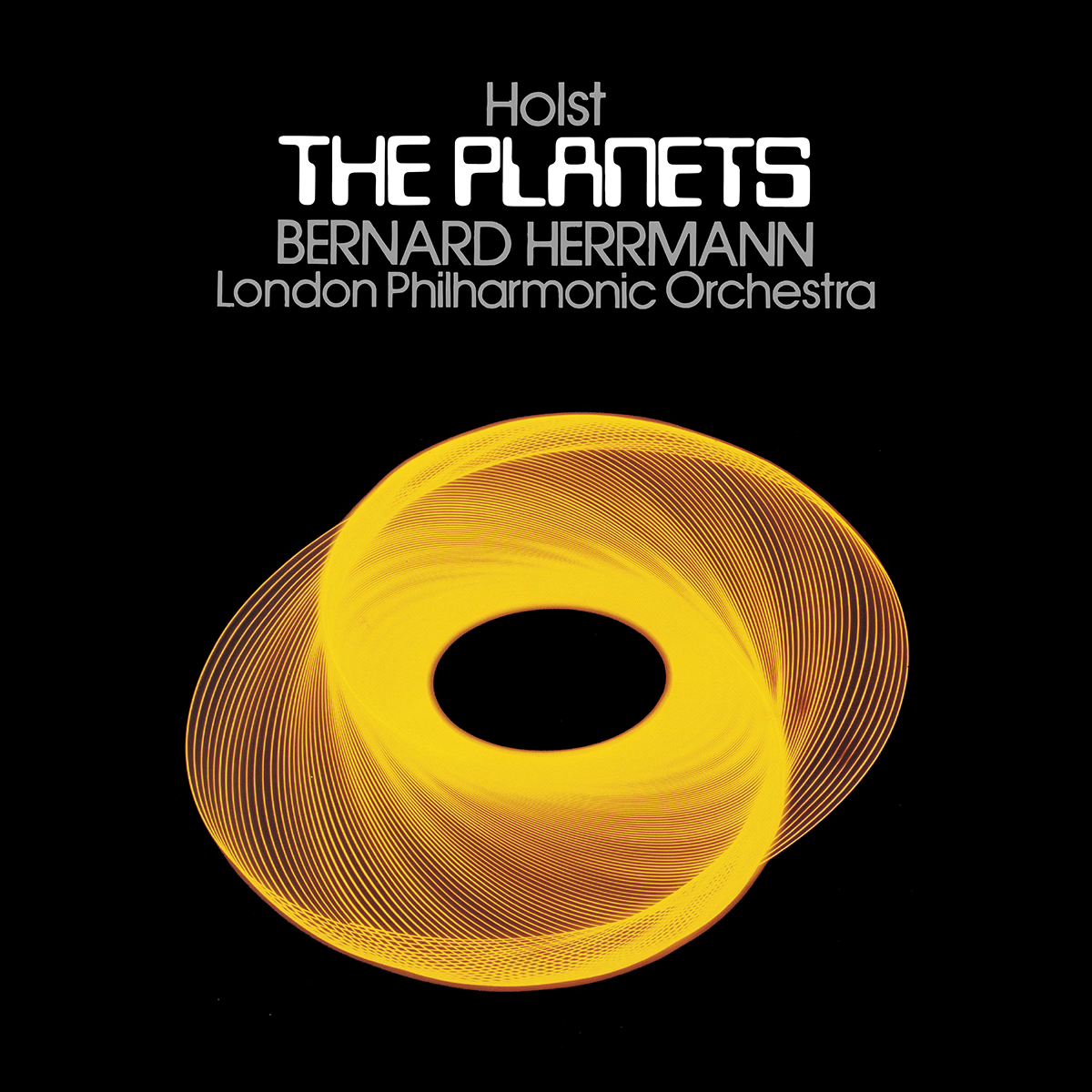
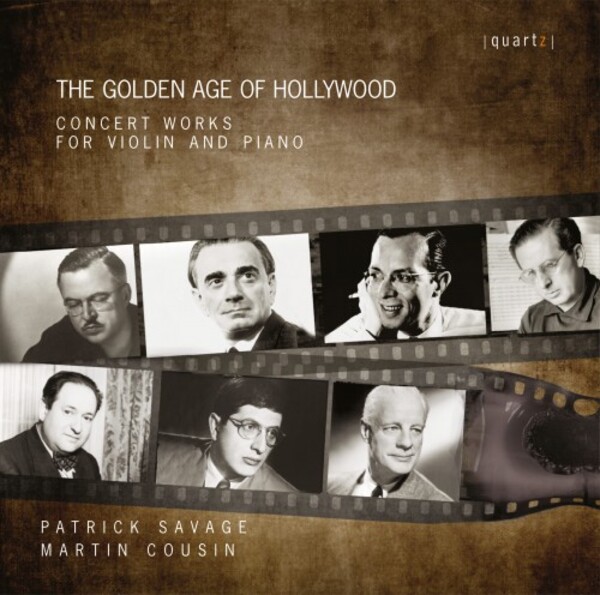
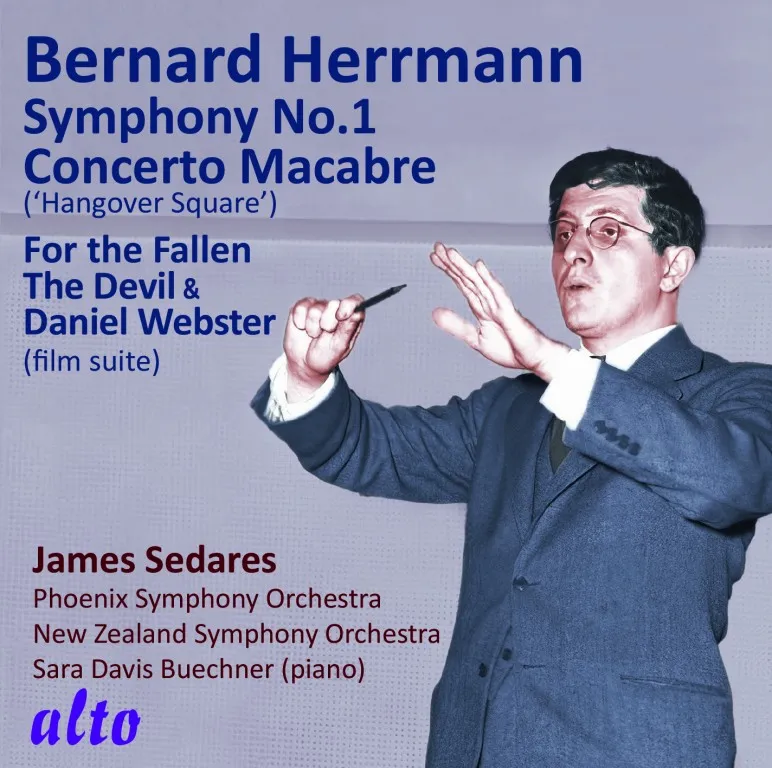
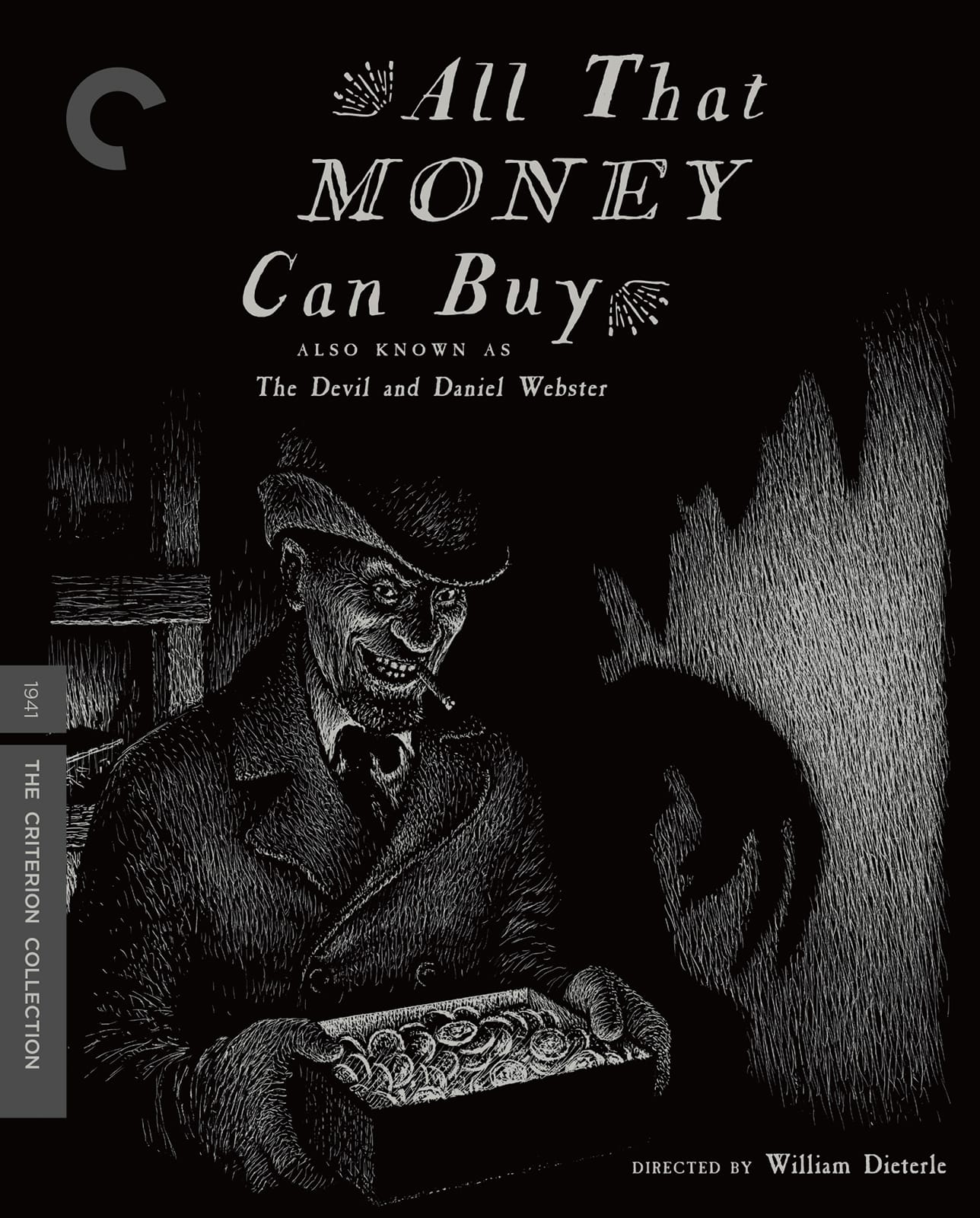
![The Man Who Knew Too Much – 4K restoration / Blu-ray [A]](http://www.bernardherrmann.org/wp-content/uploads/2023/11/TMWKTM-4K.jpeg)
![The Bride Wore Black / Blu-ray [B]](http://www.bernardherrmann.org/wp-content/uploads/2023/07/BrideWoreBlack.jpeg)
![Alfred Hitchcock Classics Collection / Blu-ray [A,B]](http://www.bernardherrmann.org/wp-content/uploads/2020/07/AHClassics1.jpg)
![Endless Night (US Blu-ray) / Blu-ray [A]](http://www.bernardherrmann.org/wp-content/uploads/2020/03/EndlessNightUS.jpg)
![Endless Night (UK Blu-ray) / Blu-ray [B]](http://www.bernardherrmann.org/wp-content/uploads/2019/12/ENightBluRay.jpg)


